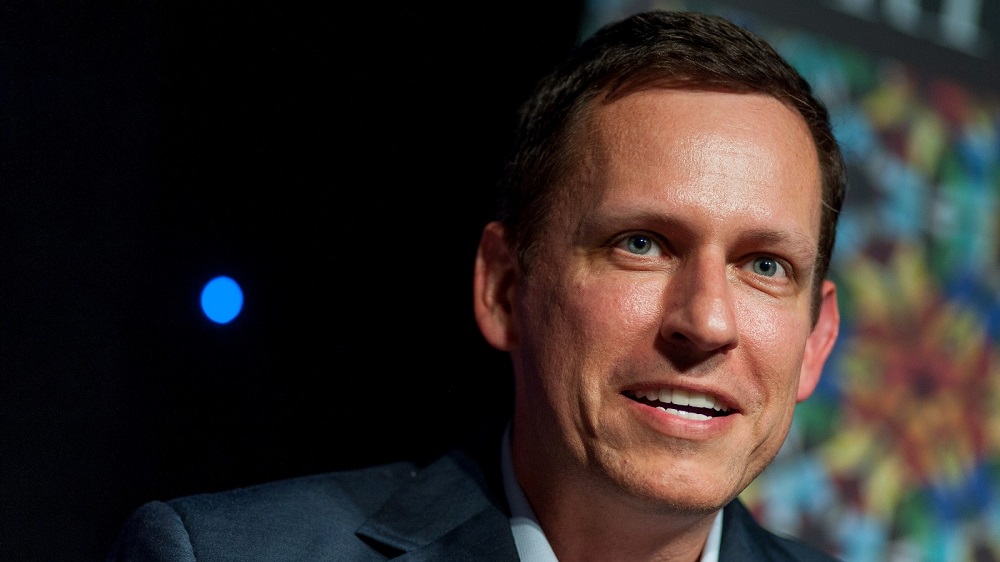PayPal co-founder and venture capitalist Peter Thiel believes Bitcoin has succeeded as a currency, but still lacks as a payment system.
On October 15, Peter Thiel was invited to the University of Chicago Booth School of Business to speak about entrepreneurship and business practices for an event organized by the Polsky Center for Entrepreneurship and Innovation.

The event was hosted by Booth School of Business' Norman R. Bobins Professor of Economics Randall Kroszner, and gathered more than 1,000 members of the University community, reported the Chicago Maroon.
Thiel started his talk with a critique of what he calls "a pervasive, pessimistic worldview" consisting in believing entrepreneurial successes can only happen with discoveries in limited fields:
"Basic geography and chemistry are two examples of areas in which there is nothing left to discover, but most fields are not like that. However, if we believe that there are no ‘secrets,’ we’re never going to find out. [...] There is a common belief that all of the low-hanging fruit has been picked. I’m telling you that it has always been intermediate-hanging fruit, and it is up to us to find it and pick it."
Thiel then argued, "Capitalism and competition are antonyms," as capitalism is defined as "a system, which results in the accumulation of capital." The entrepreneur said that "happy companies" were different, whereas "unhappy companies" were essentially the same as their competitors.
Further, Thiel claimed that monopolies are only considered as being harmful when artificially reducing supplies. The entrepreneur mentioned the cases of the iPhone and PayPal to illustrate this argument:
"When Apple released the iPhone, there was no reduction in the supply of smartphones, because it was the first one. With PayPal, which was built on the idea of combining cryptography and currency, we were the first to come up with a product among maybe 200 people in the world who were working on the idea."
Thiel also added that US patent and copyright laws were systems that rewarded innovation with monopoly.
Finally, Thiel addressed the topic of digital currencies, qualifying Bitcoin as a product "which was founded on the same set of ideas as PayPal, but which was developed in an entirely different direction." The difference between Bitcoin and PayPal, the entrepreneur said, is that unlike PayPal, Bitcoin succeeded in developing a currency:
"Bitcoin is the opposite of PayPal, in the sense that it actually succeeded in creating a currency. [...] However, its payment system is lacking, and it is often used to make illegal transactions, such as to buy heroin."
While admitting the success of the technology, Thiel said he would remain skeptical "until Bitcoin is used to make more legal transactions."

Peter Thiel is a German-American entrepreneur, venture capitalist and hedge fund manager, known to have co-founded acquirer and online payment processor PayPal. In 2010, Thiel created the Thiel Fellowship through the Thiel Foundation, which provides each year 20 people under the age of 20 a total of US$100,000 over two years, as well as guidance and other resources to pursue entrepreneurial projects.
While Thiel might seem “skeptical,” PayPal has multiplied its efforts to integrate Bitcoin within its system. In early September, PayPal-owned online and mobile payments platform Braintree, announced it had partnered up with Bitcoin payments solutions provider Coinbase to enable merchants to accept the digital currency as a payment option.
While a couple of weeks later, PayPal Senior Director of Corporate Strategy Scott Ellison announced partnerships with Coinbase, BitPay and GoCoin to facilitate immediate Bitcoin functionality to the first round of merchants based in North America.
Did you enjoy this article? You may also be interested in reading these ones:
